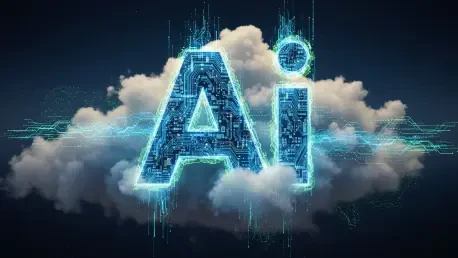
Understanding the Landscape of Software Testing In the fast-paced world of software development, testing remains a critical bottleneck, with a staggering 81% of companies still relying heavily on manual end-to-end testing, which often leads to significant delays. This outdated approach, frequently

Imagine a world where every digital transaction, medical record, and communication depends on flawless software, yet a single glitch could cost millions in damages or lost trust, driving the global Testing Software Market to a projected value of USD 45 billion by 2033 with a strong compound annual

Imagine a world where software bugs that could compromise user privacy or violate regulatory standards are caught before they even reach production, saving companies millions in potential fines and reputational damage. This is no longer a distant dream but a reality being shaped by large language

Setting the Stage for Digital Payment Reliability Imagine a world where a single second of delay in a payment transaction costs a company millions in lost revenue and customer trust, a scenario that is not a distant possibility but a daily reality for payment processors handling billions of

Imagine a world where digital transactions surge past 2,800 billion annually, and a single glitch in a payment system could cost millions in losses and erode customer trust overnight, presenting an urgent challenge for financial institutions. This is the reality financial institutions and payment

Today, we’re thrilled to sit down with Anand Naidu, our resident development expert who brings a wealth of knowledge in both frontend and backend programming. With his deep insights into various coding languages, Anand is the perfect person to dive into the evolving world of AI-assisted coding. In